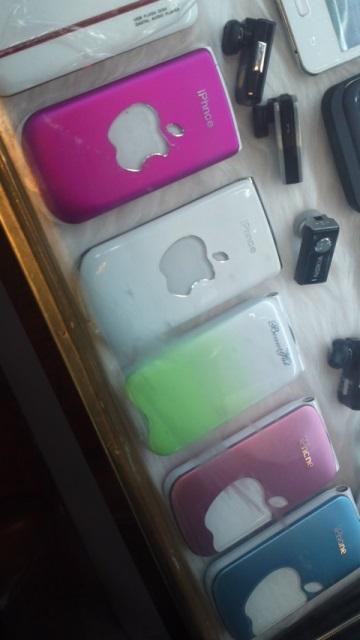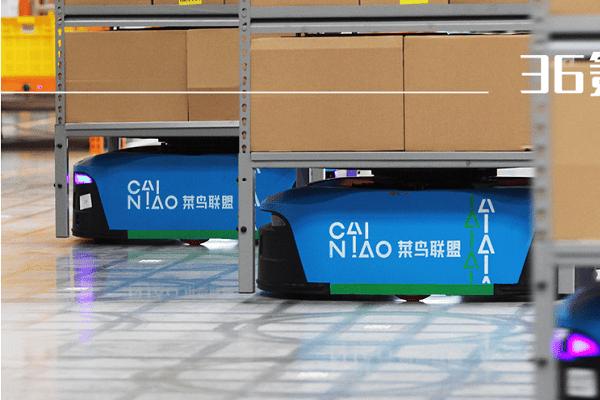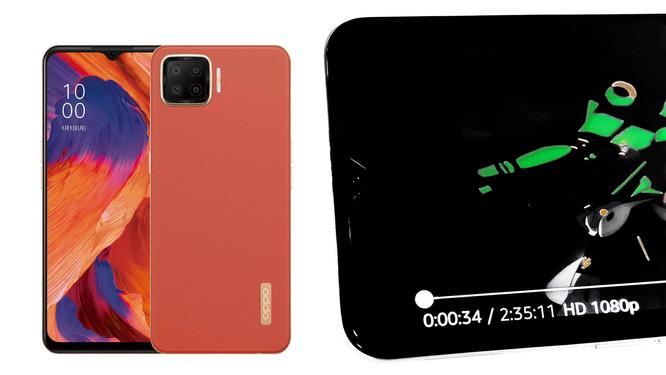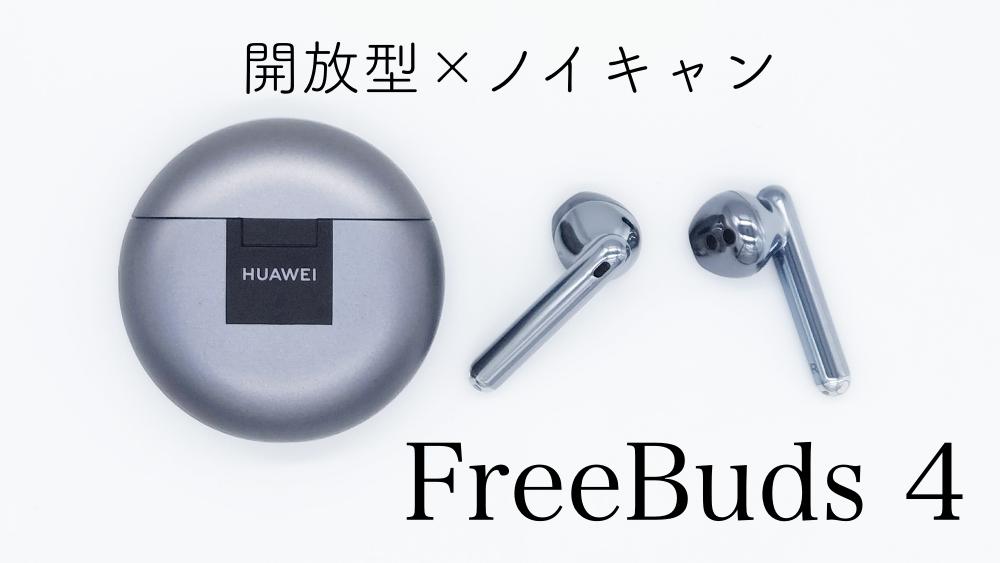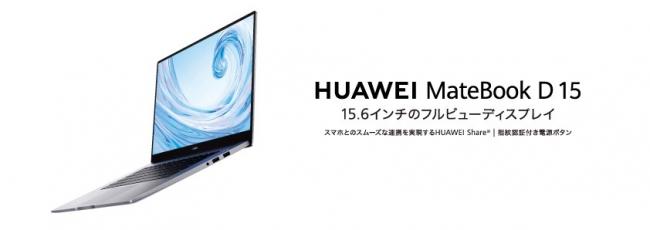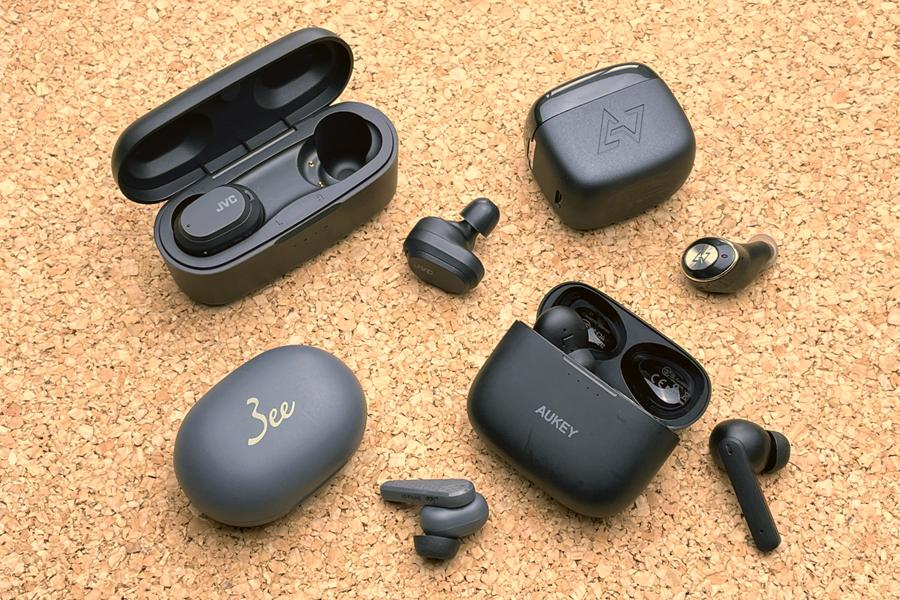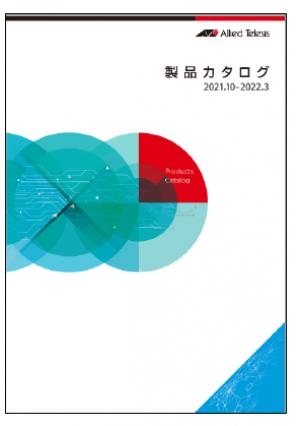In the series "Life-size Africa / Frontline Africa", up-and-coming researchers and skilled field workers will tell you about Africa that the mass media did not convey, especially life-size daily life and frontline local information. This month is "Forefront Africa".
"Is my mobile phone original or a copy?" "My mobile phone is real or fake?" In March 2016, the streets of Mwanza, a provincial city in Tanzania, were flooded with such questions.
In February 2016, the Mobile Communications Regulatory Authority of Tanzania announced that it would forcibly shut down copy / fake mobile phones (hereinafter, "mobile phones" are referred to as mobile phones) by June 17, 2016. Prior to the notification of the suspension of communications, the Tanzania Communications Regulatory Authority introduced a new system called the "Central Equipment Identification Register" in December 2015. It builds a database of International Mobile Equipment Identity (IMEI). The database also includes blacklisted identification numbers, and the Communications Regulatory Authority decided to stop the copy and fake mobile communications by having the provider contrast with the IMEI.
The notice of suspension of communication has confused the Tanzanian people. According to the Tanzania Communications Regulatory Authority, the number of registered mobile phones surged from 110,518 in 2000 to 3,308,500 in 2014. Furthermore, in the 2010s, smartphones became widespread at a rapid pace. It was the cheap copy / fake mobile phone made in China (hereinafter referred to as copy) that supported this spread.
Initially, Samsung and Nokia had an overwhelming share of the smartphone market, and copying was centered around these two brands. However, gradually, Chinese brand companies expanded into Africa, and mobile phones of Chinese brand companies such as TECNO, iTel, Huawei, and Lenovo began to dominate the market. .. As a result, copies of these Chinese brands are now available.
Mobile phones are now an indispensable tool for Tanzanians. The remittance service provided by mobile carriers is used not only for remittances to family and friends in their hometown, but also for daily business transactions and shopping. The habit of communicating on SNS such as WhatsApp and Facebook, enjoying music and videos on YouTube, and taking commemorative photos with a camera has become a part of everyday life. It would be great if my smartphone couldn't be used. And just because it turns out to be a copy, expensive smartphones can't be replaced so easily.
Some users dared to choose a cheap copy and bought it, while others bought a cheap smartphone with the suspicion that it was probably a copy. The user who was praying "Please do not copy it" because he paid a reasonable price also thought that he bought the original (genuine product), but he was a little worried that "maybe he was fooled". Some consumers embraced it.
In short, fewer users believed that their mobile phone was 100% genuine. Immediately after the above notice was issued, local media outlets estimated that about 38% to 40% of smartphones in Tanzania were copies-more people expected.
Following the notification of the Tanzania Communications Regulatory Authority, mobile carriers have begun to send users the following short messages:
"When June 17, 2017 comes, non-original mobile phones (communication) will stop. To know if your mobile phone is original, call * # 06 # to get IMEI. Please then send IMEI to 15090. It's free. "
When I called this number with a friend and looked it up, those numbers came out, so I said, "I did it. Your mobile phone is original." But my friend said, "But I don't know if that number is correct. I made an uneasy face.
For that reason, people were looking for people who could answer the opening question while showing each other their mobile phones. Many have abandoned relying solely on the IMEI and have begun to rely on rumors in the streets to experiment with different copies. Some say, "Copys are heavy." On the roadside, I witnessed people putting smartphones from the same manufacturer on both palms and saying, "Is this lighter?" Another says, "The copy has a cloudy camera lens." People who rubbed the camera lens with the sleeves of their shirts and saw through it appeared everywhere.
Users who bought it knowing that it was a copy were eager to resell the mobile phone by the time the deadline for suspension of use came. There is also a second-hand mobile market in Tanzania. However, it was difficult to resell because second-hand mobile dealers believed that the mobiles brought in at this time were definitely copies.
The most troublesome situations are retailers and street merchants who sell mobile phones. Mobile phones have stopped selling at all at retail stores other than those directly managed by mobile carriers and retail stores other than those directly managed by Samsung, Nokia, and Chinese brand mobile companies. Consumers will definitely be able to buy the original after June 17th. The owners of the mobile phone stores, which were almost closed, encouraged each other, saying, "I'm sure we can sell mobile phones explosively so that we can keep the business up until June."
Copy distribution route
The largest producer of copies is China. It is the Tanzanian importers who are informing Chinese copy makers of the Tanzanian market trends. Importers travel to China with a sample (original) of the best-selling mobile phone. Then, talk with the factory manager or intermediary who "understands the story" and say "Can you make a copy of this? 1000 pieces for the time being" and place an order. They travel to Hong Kong and China as often as once every one or two months to supervise ordering, delivery, and subsequent container shipping.
Some traders buy from the city of Nairobi, the capital of neighboring Kenya. The city of Nairobi, the largest copy collection area in East Africa, also has a wholesale building for mobile phones that looks exactly like the one in China. Copy parts such as housings, keyboards and batteries are also imported into Kenya "just like the original spares", and copies are assembled at local factories. Recently, Chinese dealers have come to Tanzania to send the originals as "samples" to local merchants after payment, and to receive orders for copies that sold well. I would like to introduce one concrete example.
Roy (a pseudonym, 34 years old, male), who has a store on the main street of Mwanza, purchases copies from an importer and wholesaler in Nairobi. According to Roy, Kenya's wholesale buildings are accessible to neighboring micro-merchant like him, but difficult for ordinary consumers and legitimate vendors to enter. Even when entering the building, Kenyan wholesalers identify customers with a dress and a little dialogue and respond differently. When a Kenyan merchant finds out that the other person is a copy-matching customer, he asks, "Do you want quality, or do you take cheapness and risk?" Roy purchases both genuine and copies according to orders from Tanzanian consumers and merchants.
When he returns to Tanzania, he first sells a copy to the orderer. The largest orderers of copies are street merchants. Street merchants often sell copies to consumers, pretending to be original, with a good understanding of the differences between copies and genuine products and the market price. However, most customers know that the items sold by street merchants contain many copies, and some only buy mobile phones from street merchants to get cheap copies. There is. Even if you buy a copy without knowing it, the street merchant does not give you a receipt, so it is difficult for customers to ask for a replacement or return later.
Roy also sells copies with genuine products in his own store. He first shows the original to the consumer and explains how expensive it is. Subsequent measures will be decided based on the reaction of consumers. If it decides that it is a customer who is likely to be troublesome if it sells a copy, it recommends a more affordable genuine model of the old model, and if the purchasing power does not reach the list price, the negotiation is terminated. As with Kenyan merchants, customers who have a good understanding of the copy business and are willing to make copies are asked, "Do you want quality, or do you take cheapness and risk?" If the customer is satisfied there, the copy will be sold. The price of a copy also depends on how well the consumer is familiar with the copy market.
Some merchants do not sell copies
Of course, not all retailers sell copies. Eddie (a pseudonym, mid-30s, male) only sells original mobile phones. He said about the reason, he said:

Eddie started the mobile phone business by purchasing the original from an importer in Mwanza and selling it at a retail store. However, he never sold and his business was in the red. All the shops around that sell copies seemed to be profitable. His friend's retailer told me, "Why don't you sell a copy? The original may not sell after three months, but a copy won't stay in the store for two days."
So Eddie also bought a copy. The next day the incident happened. He was asked for a receipt by a guest. He sold a copy, so he wrote a false sign and handed it over. Eddie was repeatedly reminded by the customer that it wasn't a copy. The owner next door encouraged me, "Don't worry. No matter what you ask, you should just poke it if it's not a copy." However, the customer came back the next day and said with an angry face, "I went to a techno store and looked up the original mobile phone. I think the mobile phone I bought yesterday is a copy."
Eddie tried to convince him that the copy wasn't a copy, saying, "The camera lens isn't shiny, but this is ...", but the customer wasn't convinced. The owner of the store next door said, "This customer has already revealed everything. If you try to persuade him any more, Chinese people (of the mobile phone company) and police officers will come and look inside the store. It's going to be more annoying. I won't say anything bad. You should pay him right away. " In the end, Eddie accepted the return and paid the customer 100,000 shillings (about 5,040 yen) as a moratorium (nuisance fee). Since then, Eddie has been afraid of getting involved, and he says he only sells legitimate mobile phones.
Conflict between Roy and Eddie-Come on the sale of copies
Actually, when I was listening to this story from Eddie, Roy, who I introduced earlier, was also present. When I was interviewing Roy about the distribution channel, I happened to be introduced to Eddie by another friend, so I got the consent of the two and decided to listen at the same time.
However, when Roy argued that "the sale of copies is not bad" to Eddie's story that only the originals were sold, the two (and the merchants who introduced them to me) began to argue over the pros and cons of selling copies. rice field. To summarize the claims of Roy and the merchants who supported him:
It is unavoidable that there are customers in Tanzania who want a copy. Those customers don't have the money, so even if they don't have a copy, they can't buy an original smartphone anyway. If you can't buy a copy, you can only get a mobile phone without internet function. If you can't use the internet, you'll miss many opportunities in life. Also, street merchants get a business niche by selling copies, so if they run out of copies, they run out of work.
I (Roy) have a long history of doing business as a street merchant, so he has a lot of networks to sell copies. What Eddie lacks is collaboration with street merchants. Also, in Tanzania, no micro-merchant is on the "straight road" in the first place. Eddie just stopped selling copies because he happened to meet a troublesome customer the day after he bought them, otherwise he would still be selling copies.
The copy has a copy path, and the original has an original path. If you force a copy to sell to a customer who wants the original, the customer will be dissatisfied (although the customer who does not realize that he has been deceived is satisfied, so there is no problem). When a copy is sold to a customer who can buy the original (with money), the Chinese (brand company) get angry that the customer has been taken. So we manage the traffic on these two roads well to meet everyone's demand. Our job is to turn the world around like that.
Eddie and the merchants who supported him argued that this was the essence of foreign companies such as Samsung and Nokia, or Chinese copy makers. Their claim is as follows.
Original companies are not trying to make cheap and good quality mobile phones because Chinese people make copies and we say "I don't have money, so I don't mind using Chinese copies", and the price of mobile phones remains high forever. .. For example, Samsung's XX series has changed in appearance, but the contents (performance) are almost the same. What this big company is doing would be a scam.
The Chinese are smart. Because they have captured the hearts of Tanzanian consumers. When we look at the latest model, we want a copy. But in reality, the model a little earlier allows us to fully meet the need. Therefore, the Chinese make a copy of the latest model with the same performance as the original model a while ago, and sell it cheaper than the latest original to make a profit.
If we're not on the straight path, we can just copy the Chinese way and make our own copies. Without a copy of the Chinese, the Tanzanians themselves would have to try to copy the mobile phone because of the need. Then we will make more money.
Copy morality and globalization from below
Their views are in line with the recent cultural anthropological debate over transnational trade by micro-merchant who rushed to China to buy copies and imitations from Africa, Asia and Latin American countries. There is. For example, a collection of essays edited by Gordon Mathews, Gustavo Ribeiro, and Carlos Vega called the hordes of merchants rushing to China "globalization from below," and "global from above" by multinational corporations in developed countries. In contrast to "Chemicalization", the following discussions are being developed (Mathews, Ribeiro and Vega eds. 2012).
The proponents of globalization from below do not dislike the capitalist economy. There are no radical revolutionaries or anti-global activists inside this economy. On the contrary, they are forming a "more radically neoliberal" economic order, avoiding all restrictions by states and businesses and preferring free market transactions, including deception and fraud. However, the economy is driven by a more "human" neoliberalism, solving the problems and injustices it creates on its own, rather than resisting globalization from above (the mainstream economic system). It is a place to do.
For example, the main copy and imitations of this transnational trade may threaten the intellectual property rights of branded companies, but on the other hand, people called amateurs and nerds who had never been active before. It is also a place to unlock the power of creativity and social networks, and partly to the material affluence of poor people in developing countries who would not have access to global epidemics and technologies without these products. Then that is realized.
Therefore, globalization from below paradoxically resolves the dissatisfaction that should be directed to globalization from above (multinational corporations, etc.), and plays a role in sustaining and prospering the mainstream economy. is. Although violating the law, socially recognized territories shape globalization from below. For example, in Africa, street merchants are illegal workers in the sense that they do not pay taxes or license fees and operate in violation of the Road Traffic Act, while African consumers who buy goods from them are We do not consider them "criminals" like drug traffickers. Similarly, those who produce and trade copies consider their activities morally legal.
Roy's opinion on copy sales is the same as the discussion of cultural anthropologists on the morality of globalization from below. On the other hand, Eddie's opinion is that globalization from below (Chinese copy producers and themselves buying copies from them) is not against globalization from above (original company), but in fact its survival.・ After identifying the fact that it contributes to prosperity, it points out that there is a similar composition (relationship between Chinese and Tanzanians) within globalization from below. Therefore, they also made copies and proposed to gain a new niche for the globalization from below promoted by China. And in fact, as we'll see later, they started making new copies themselves.
Whereabouts of copying-the rise of new informal business
June 17, 2016 midnight. The Tanzania Communications Regulatory Authority has suspended copy communications services as previously announced. The next day, my friends in Tanzania sent me a lot of messages in my computer email. "It was original !!" From the emails that added, "I'm glad I didn't sell it in a hurry" and "I was always worried because I couldn't sell it to anyone," it seems that all my friends suspected that my mobile phone was a copy.
According to BBC News, about 630,000 mobile phones were forcibly suspended on this day. In addition, 1.2 million mobile phones will be shut down. This is equivalent to about 3% of all registered vehicles. However, many considered this number to be much lower than expected. As mentioned above, when announced in February, many media estimated that 38% to 40% of smartphones were copies. When June 17th came, I received an overtly disappointing email from a mobile retailer and a street merchant who had endured trying to recover from the deficit.
What happened to the mobile phone whose communication was stopped after that? I was curious and asked by email. According to a local report from a friend, many of the copies of the outage of communication services were taken over by informal repairers. The mobile phone repair business is said to be the most profitable business right now. A friend's mobile phone repair shop will charge 50,000 shillings (about 2,020 yen) for repairing Samsung's LCD panel. Of these, the price of the LCD panel itself is 10,000 shillings (about 404 yen). Repair shops sometimes purchase parts from authorized dealers, but many parts are obtained by buying "broken mobile phones" from people in two bundles and three sentences.
LCD panels, housings, keyboards, speakers, camera lenses, etc. can be replaced if they are from the same manufacturer. Some branded parts can be replaced with parts from another manufacturer. Keitai, a treasure trove of rare metals, can resell parts that cannot be reused to recycling dealers. In other words, for the repair shop, the "mobile phone whose communication was shut down" was a treasure trove if it was dismantled. The street merchants who were selling copies changed jobs to the repair business.
As I mentioned earlier, in recent years, Chinese companies such as Techno, Aitel, and Huawei have gained momentum to overtake existing mobile companies such as Samsung in the African market by creating high-quality legitimate mobile phones at reasonable prices. As Roy and his colleagues say, the Chinese seemed smart. While responding to the morality of "globalization from below," China has entered "globalization from above" and is a source of vitality to create a new economic order. In fact, it is the Chinese brand companies that are currently urging the government to crack down on copying most vigorously in Tanzania. In order to dispel the image of Chinese mobile phone = copy / inferiority, they opened a directly managed store in Tanzania, set a warranty period for their own brand mobile phone, provided free repair service, and at the same time developed a grassroots operation to wipe out the copy. are doing.
The informal economy, the copy path, is another capitalist economy, a pirate territory, that rises from within the capitalist economy rather than being created outside it. If those pirate territories gain power, national laws against them will be put in place, and the pirate territories will transform accordingly and eventually become part of the mainstream capitalist economy. Then, a new informal economy and a pirated territory will emerge again.
Tanzania's repair shops have manufactured "copy" and "counterfeit" with the main body of another manufacturer's mobile phone, only the housing and LCD panel, and the latest model of another brand. Recently, repair shops have also imported equipment from China and sold "customized mobile phones" made by collecting mobile phone parts. Chinese brand mobile phones are similar in size and specifications, and are easy to customize. A copy merchant who turned into a repair shop says. "Regulation of Chinese copy is a new opportunity for us. It's a copy by our hands."
References
Mathews, G., GL Ribeiro and CA Vega (eds.) 2012 Globalization from Below: The World's Other Economy. London and New York: Routledge.

